
 Instagram
Instagram
Blue Lotus Flower: Benefits, Uses and Concerns

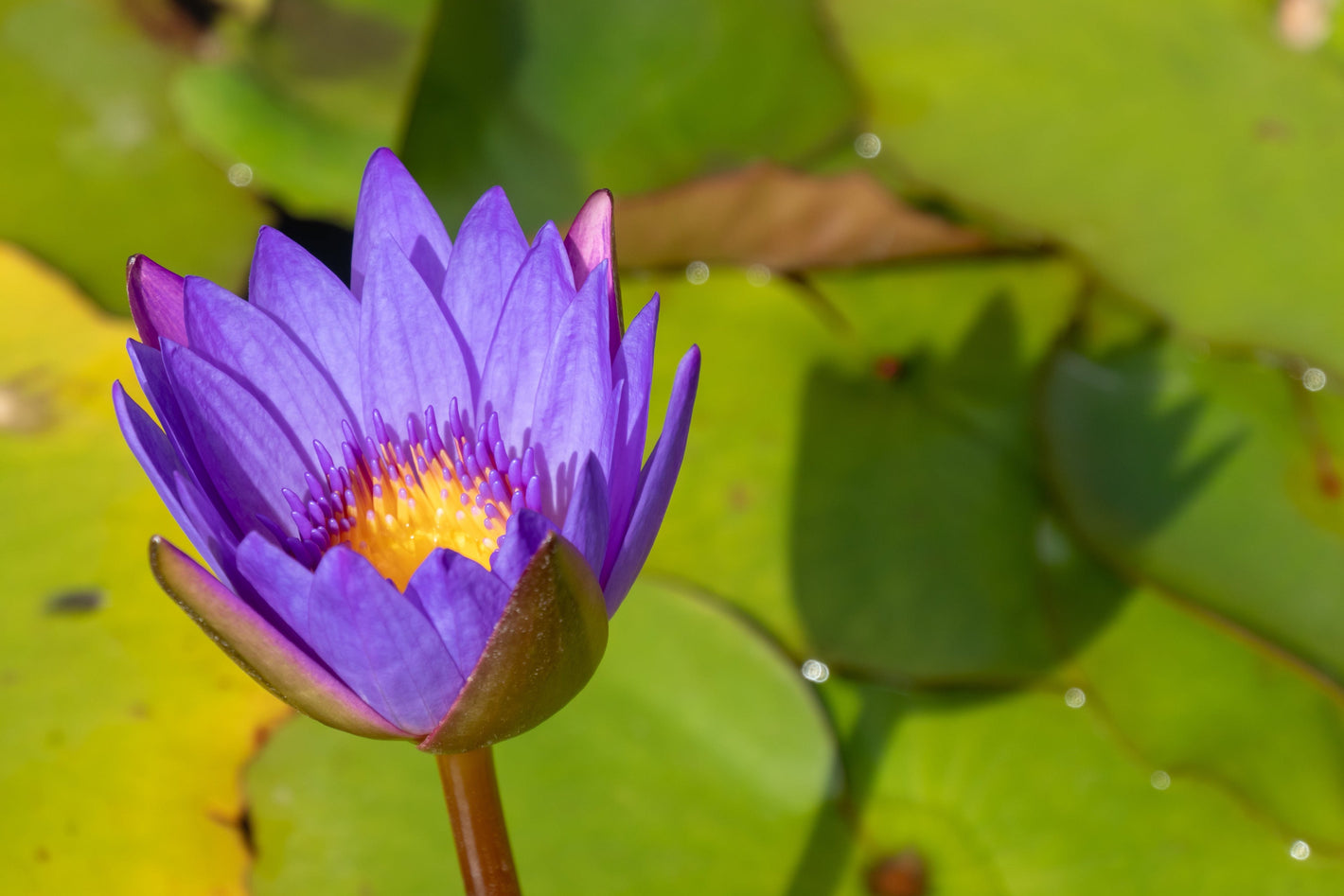
Related products
Blue Lotus (Nymphaea caerulea), or Egyptian lotus, is a water lily that grows in rivers, lakes and other water bodies. Other common names are sacred blue lily and blue water lily. Its underground stem (rhizome), leaves, flowers and seeds are used as a natural remedy to relieve anxiety, improve sleep, treat fever, cough, bleeding disorders, and stomach and liver problems, and increase sexual desire (aphrodisiacs).
Despite a lacklustre scientific backing, its use has persisted till today. It has psychoactive properties and demands caution while using. Let's delve into the pharmacological actions, benefits, safety, side effects and legal concerns related to its use.
The Blue Lotus: Nature's Elegance in Bloom
The blue lotus plant grows in Southeast Asia, Indochina, and around the Nile River in Egypt. Relics and tomb engravings of Ancient Egypt show that it had a religious and cultural significance for the ancient Egyptians, and the locals used it as a medicinal plant. It has entheogenic or psychoactive properties, which means it alters the religious or spiritual consciousness of a person
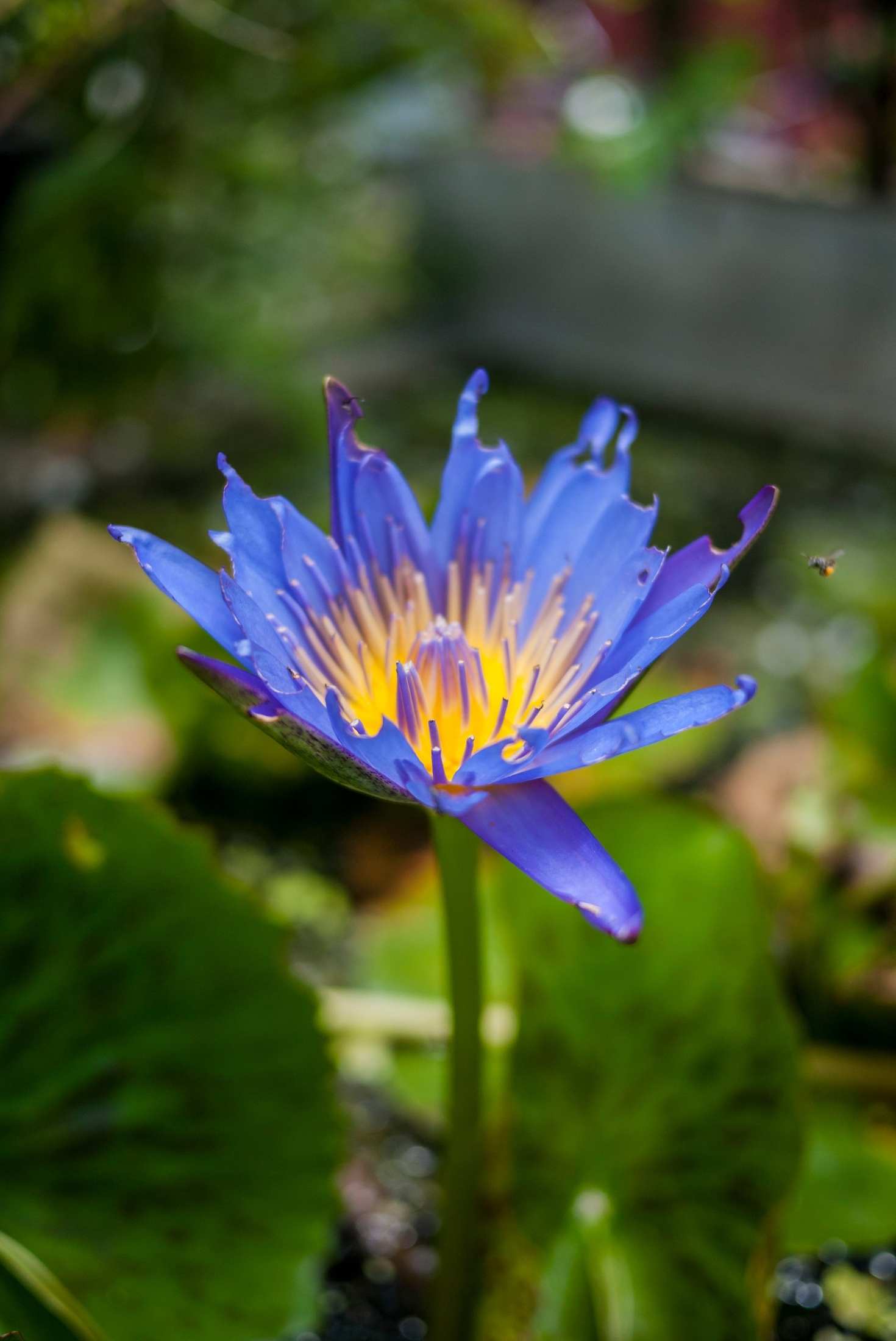
The consumption of blue lotus causes 'high' feelings, which, according to some people, are similar to those experienced after consuming cannabis.
Pharmacologically Active Components of the Lotus Flower
Health professionals attribute the medicinal properties of the blue lotus flower to two pharmacologically active alkaloids.
Apomorphine: It is a dopamine agonist that works as a psychoactive compound and causes feelings of euphoria and happiness. It helps in the control of muscle movements in people with diseases like erectile dysfunction and Parkinson's disease.
Nuciferine: It is an antipsychotic alkaloid that causes feelings of calmness in people through unknown mechanisms. It is used to relieve the symptoms of erectile dysfunction.
The other valuable ingredients are antioxidant flavonoids, glycosides and traces of different vitamins and minerals.
Blue Lotus Consumption Methods
There are many ways to use blue lotus, e.g., using it as a tea, smoking/ vaping the dried leaves, infusing it with alcoholic drinks, and using its essential oil for aromatherapy and massage. Its extract and oil are applied directly on the skin due to its rich fragrance and moisturising properties. Although many products are available in the market, no data about the safety, potency and maximum dosage is available, and it is necessary not to exceed the dosage guidelines given by the manufacturers, purchase only from reliable sources and consult the healthcare provider in case of any side effects.
Blue Lotus tea: Tea is prepared by adding 250-500ml water into 3-5g dried flowers or prepared lotus flower tea bags and steeping for 10-15 minutes. The floral taste of tea induces relaxation and calming.
Smoking: The dry flowers are rolled using rolling papers for this purpose. The mild smoking experience produces euphoric and gentle sensations. This method is controversial and needs caution as it is associated with many psychoactive effects. Some people prefer to vape it by adding and inhaling the finely ground and dried flowers in a vaporiser.
Aromatherapy and essential oil massage: The blue lotus essential oil is used to massage different body parts for enhanced effects. Adding a few drops to the bathwater or diffusing it in the room for aromatherapy reduces stress and promotes relaxation.
Alcoholic beverages: Some people infuse alcoholic drinks and wine with dried petals or powder, although the effects are questionable.
Claimed Health Benefits of Blue Lotus Plant
People use it due to its mind-altering properties; the proponents have designated it an entheogen, a substance used for religious or spiritual experiences. Some claimed benefits alongside their scientific evidence are;
Calming effects
It causes high feelings, mind alterations and euphoria at higher doses; the lower doses have calming effects that help relieve the symptoms of anxiety and other mood disorders. The scientific backing is limited. However, it has a history of use in traditional medicine to relieve anxiety and stress,
as well as being associated with the sun god Ra.
Apomorphine, one of the pharmacologically active ingredients in blue lotus, was used to treat mental disorders, e.g., depression, and it is mainly used nowadays to treat symptoms of Parkinson's disease.
Likewise, professor Martilias S. Farrell and colleagues (University of North Carolina School of Medicine, USA) observed that nuciferine, the other pharmacologically active ingredient in blue lotus, has a receptor profile similar to the antipsychotic drugs used to treat symptoms of schizophrenia.

Better sleep
Due to its calming effects, it promotes sleep. It has a history of use in traditional medicine to treat insomnia. It is also used to induce lucid dreaming. A recent study published in Pharmaceutical Biology found that the oral administration of lotus rhizome at the dose of 150 mg/kg caused a 24% increase in sleep duration compared to the control group. It induces lucid dreaming, a phenomenon in which people know they are dreaming while still immersed in dreams.
Aphrodisiac properties
Blue Lotus is one of the herbs used to stimulate sexual desire. Yet again, this effect has historical backing and lacks any scientific evidence. It is used as a natural remedy for erectile dysfunction, which is attributed to the presence of apomorphine, which is a very potent treatment of mild to moderately severe erectile dysfunction. A meta-analysis published in the Archives of Sexual Behaviour in 2020 confirmed the efficacy of sublingual use of apomorphine to treat ED.
Potential side effects of blue lotus
Despite a rich history of use in traditional medicine, there are some side effects a user must be aware of. A case study by Mackenzie Schimpf and colleagues at the Darnall Army Medical Center, USA, published a case study in which five people were admitted to the hospital with altered mental conditions after the overconsumption of blue lotus products. The patients recovered successfully with the supportive therapy.
Some users experience drowsiness, disorientation, chest pain, slurred speech, paranoia, anxiety and depression due to the consumption or inhalation of blue lotus flowers.
The other causes of concern are;
Drug interactions: The apomorphine and nuciferine in the herb interact with the medications, diminishing or amplifying their effectiveness. A person using prescription and OTC medications must consult the doctor before use.
Allergic reactions: People with plant allergies, particularly allergic to lilies, experience signs of allergic reactions, e.g., rashes, eye irritation, swelling and respiratory difficulty.
Pregnancy and breastfeeding: The effects of the blue lotus flower on nursing infants and the development of a foetus are not fully understood, and caution is advised.

The side effects are mostly transient and resolve within a few hours of stopping the use. Another concern is the unregulated nature of the supplement industry, which agencies do not regulate, and the clients are at risk of getting ineffective, contaminated and even toxic products.
Frequently Asked Questions
Does blue lotus influence hormones?
Yes, the blue lotus is an aphrodisiac and influences the levels of male and female hormones that ultimately cause increased libido and romantic feelings.
Does Blue Lotus Flower have minerals?
Yes, the roots of blue lotus contain calcium, iron, phosphorus, and potassium, among other ingredients. It is, however, a minor source of these minerals.
Does Blue Lotus benefit hair growth?
Blue Lotus has small amounts of benzyl alcohol in addition to other ingredients. It has antibacterial properties, and the direct application of benzyl alcohol on the scalp supports a healthy and clean scalp, which in turn supports healthy hair.
What vitamins are present in the lotus plant?
The lotus stem is a storehouse of B vitamins. The most important vitamins are vitamin C, folate, B6, B5, B3, B2 & B1. These vitamins are present in variable amounts.
Is lotus beneficial for the skin?
Yes, the lotus flower helps manage the oil production on the skin. It helps manage sebum production in the skin without disturbing the natural hydration of the skin and is helpful for people with oily and acne-prone skin.
Visit Welzo for various skin care products and consultations.
Is lotus good for kidney health?
Studies have shown that the seedpod extract of lotus improves renal functions and helps treat kidney diseases. The beneficial effects on kidney health are attributed to its low sodium contents and the presence of vitamins, minerals and antioxidants.
What is the difference between blue lotus and red lotus?
The red lotus (Nelumbo nucifera) or Indian lotus symbolises spiritual growth, enlightenment and purity, while the blue ones are linked to peace and serenity. Both are different species with different physical appearance, geographical distribution and uses.

Conclusion
Blue lotus's use as a medicinal plant dates back thousands of years. Today, it is used as a tea, vaped or smoked, and its essential oil is used for massage and aromatherapy. The proponents support its use to improve sleep, reduce anxiety and increase sexual performance. Despite anecdotal claims, limited solid scientific evidence is available. It has psychoactive properties and must be used with caution and preferably after consulting the doctor.
Discover natural and pharmaceutical wellness solutions tailored to you – explore our range of health services at Welzo.

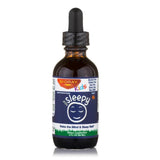

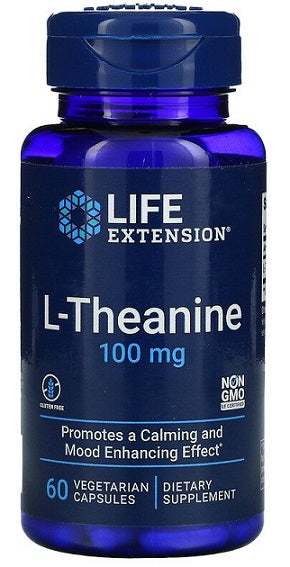




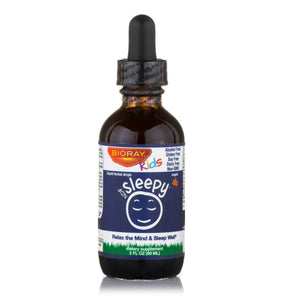






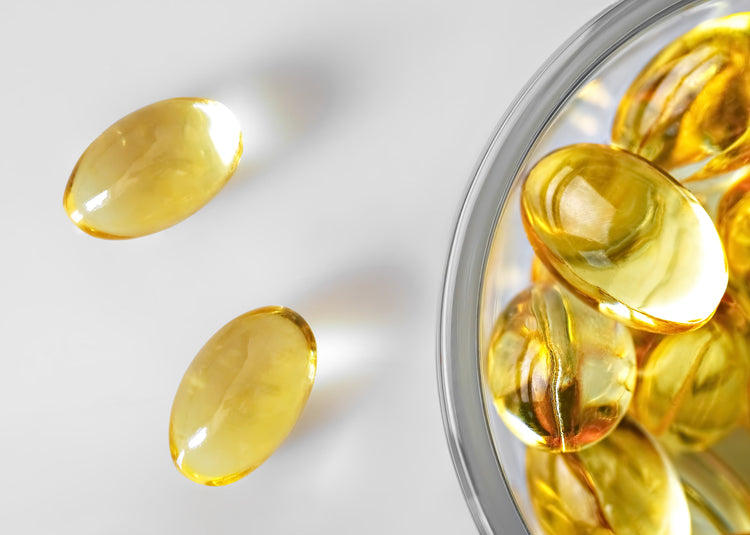

 Rated Excellent by 14,617+ Reviews
Rated Excellent by 14,617+ Reviews